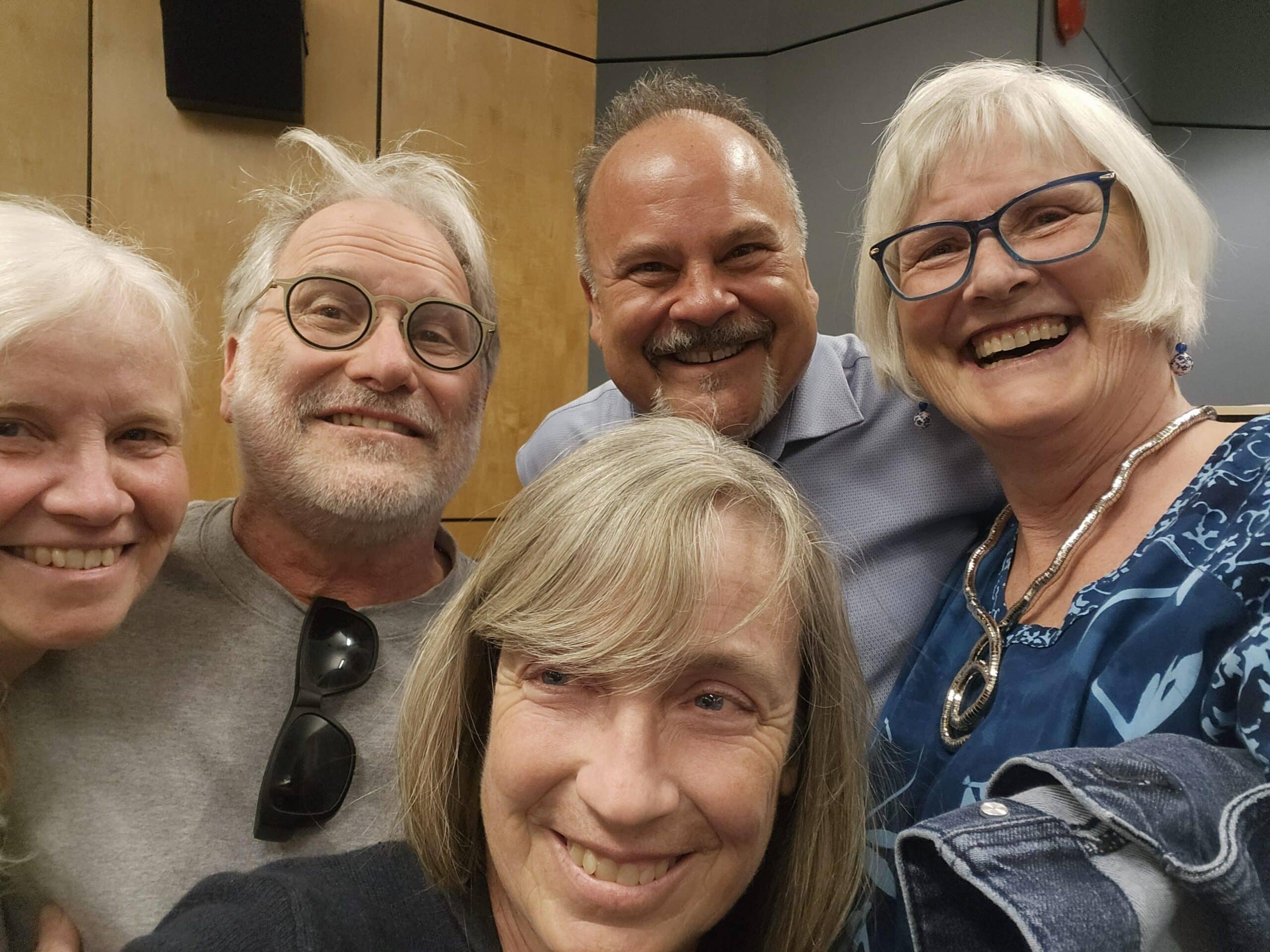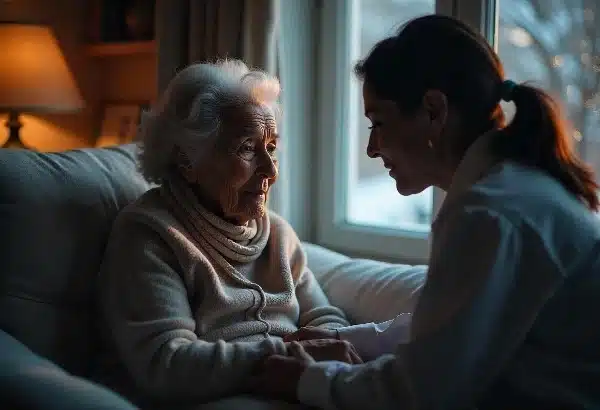The CHPCA Model to Guide Care outlines the “Process of Providing Care”. Unlike the Nursing Process (assess, plan, implement and evaluate) that I learned as a young nursing student, the CHPCA model identifies
- ASSESSMENT
- INFORMATION SHARING
- DECISION MAKING then
- CARE PLANNING
- CARE IMPLEMENTATION and finally
- CONFIRMATION (evaluation)
I am struck by the simplicity of this process, and wonder how we missed this for so many decades!
How do we expect to plan care if the client and the family do not have sufficient information, and if we do not then support client and family with informed decision making.
This article in the Globe and Mail March 2012, reports on a study done in Nova Scotia. 200 frail elderly who were scheduled for tests or procedures were assessed and then given information about the possible effects of their treatment. After receiving the information 76 % opted NOT to have the procedure done.
“In this particular program, patients who were an average age of 81 were booked for open heart surgery, heart-valve replacements and, in one case, a series of three operations to repair an aorta. Others were to undergo chemotherapy for cancer and dialysis for kidney failure. Some faced investigations for a suspicious mass, exploratory procedures for cancer or tests that necessitated a hospital admission.
Only those who meet the definition of frail and elderly – having accumulated multiple chronic health issues over time – are eligible for the program, which involves getting a detailed history and assessing both cognitive function and caregiver support available at home.
Half of the participants were slated to undergo a medical test, procedure or operation, while the other half were referred based on their health status and the need to make future decisions. “People tend to want less aggressive interventions when they have all the information on the table,” Dr. Moorhouse said.
What patients learn is that while they may survive the operation, test or procedure, they may lose function or mobility, prompting them instead to opt for more conservative management of their ailment, such as medication.” According to Dr Moorhouse
Retrieved https://www.theglobeandmail.com/life/health-and-fitness/assessing-the-risk-benefit-of-invasive-medical-procedures/article534850/








